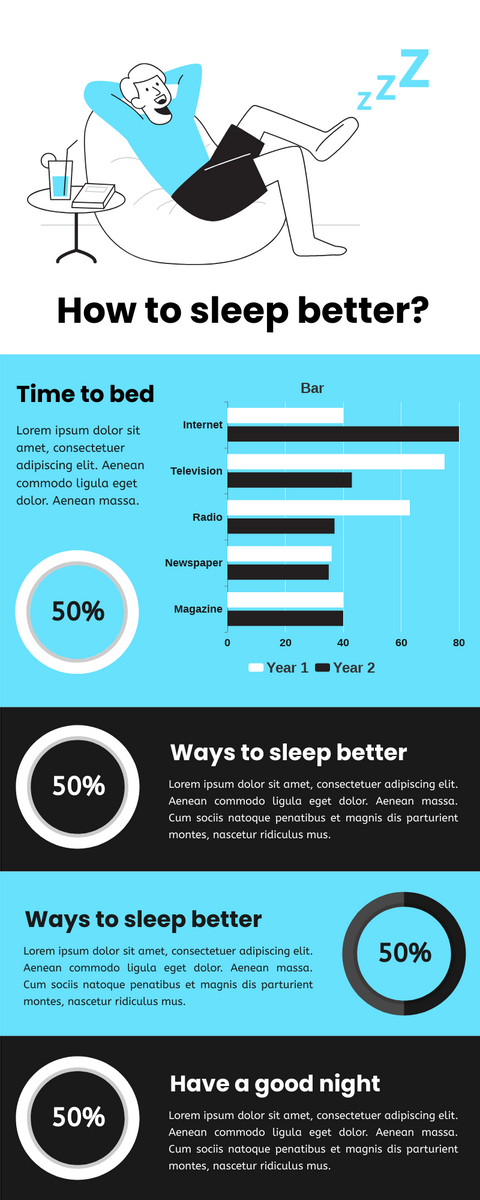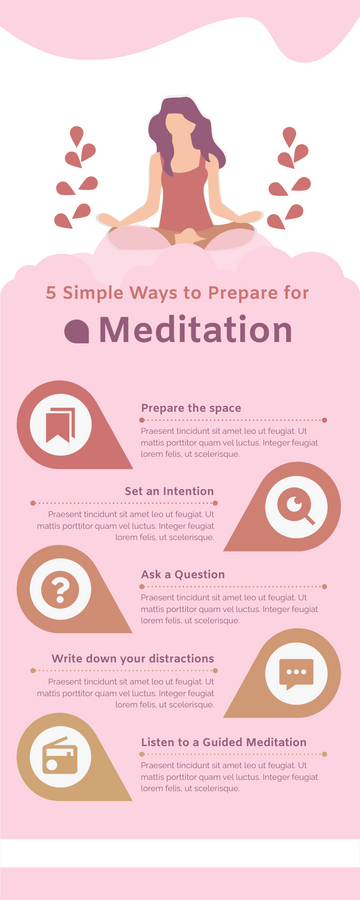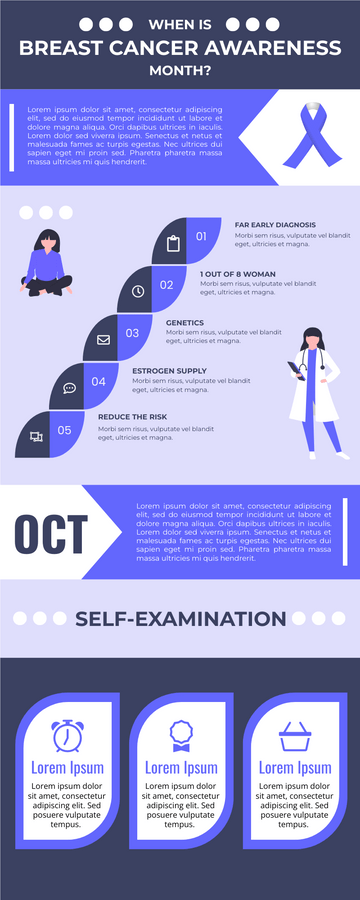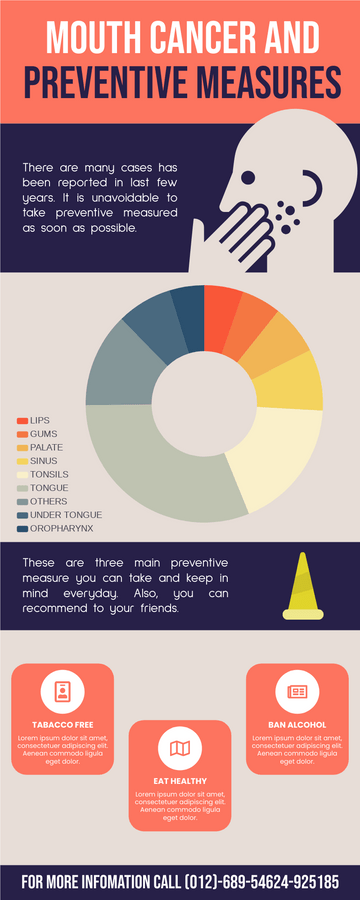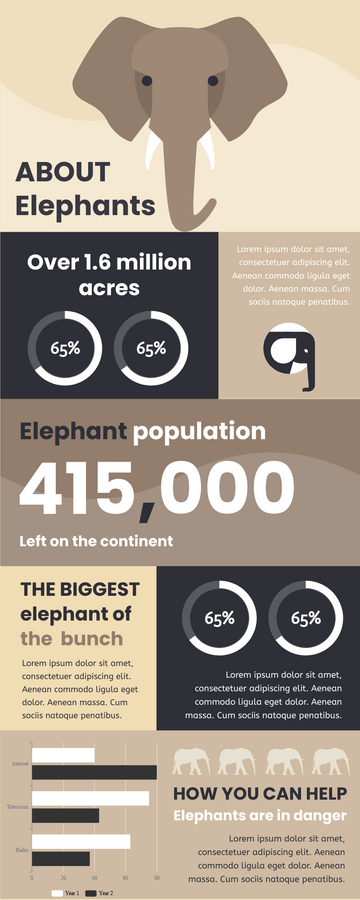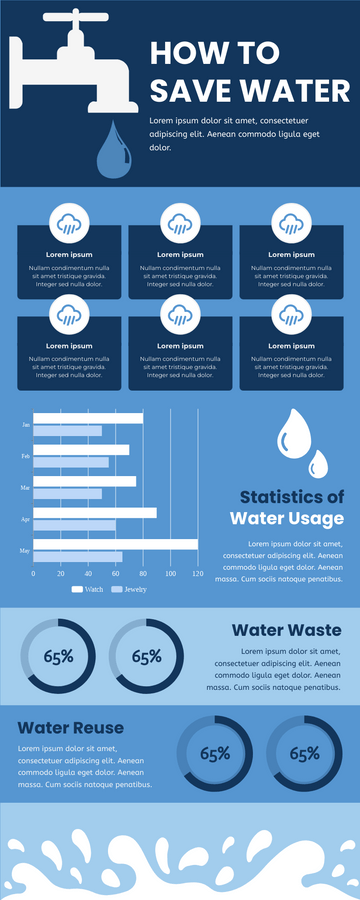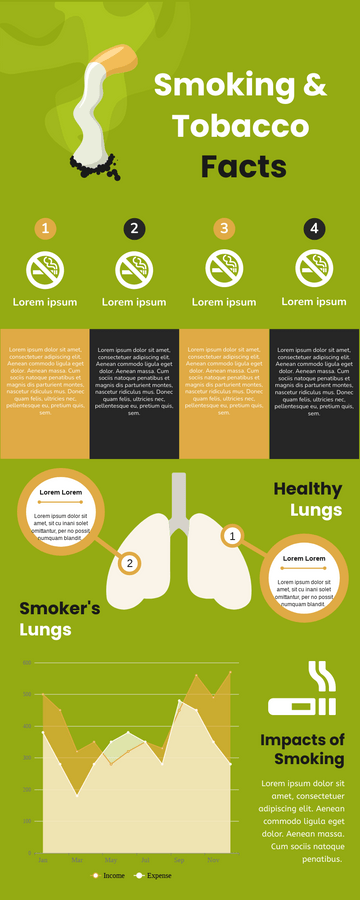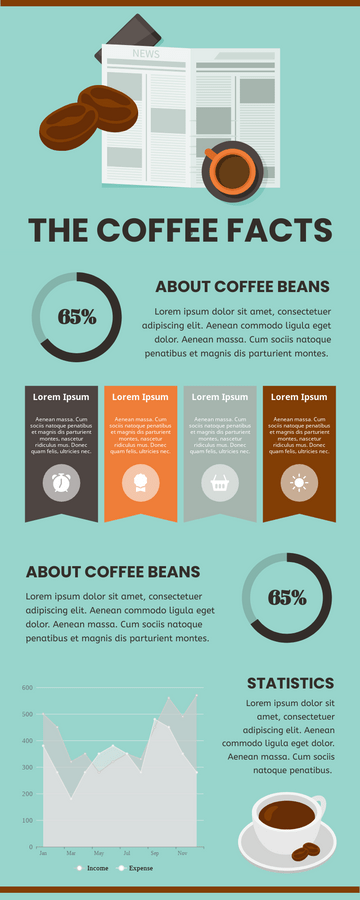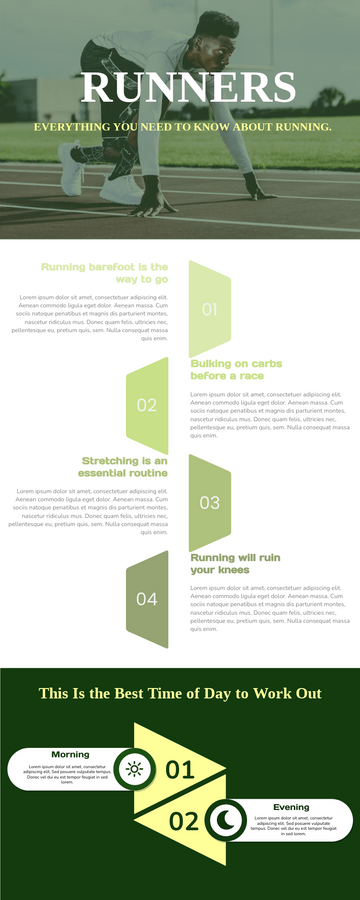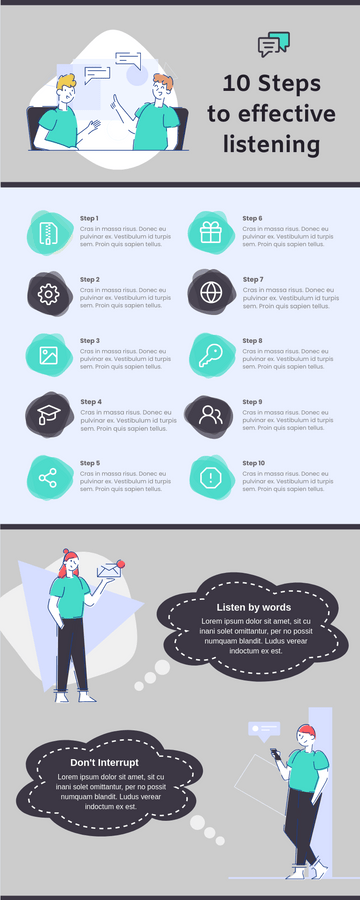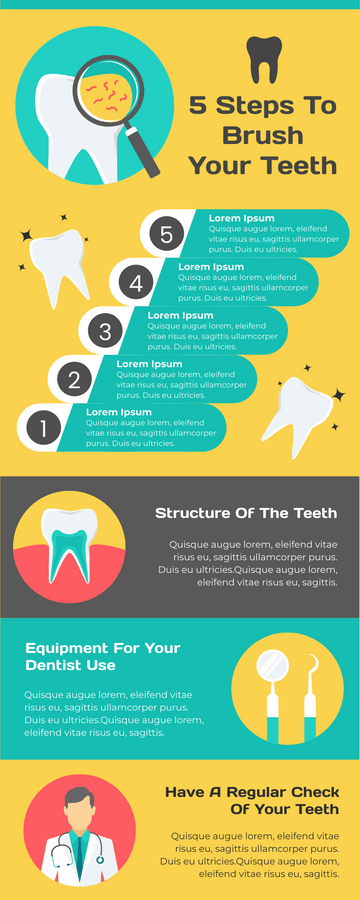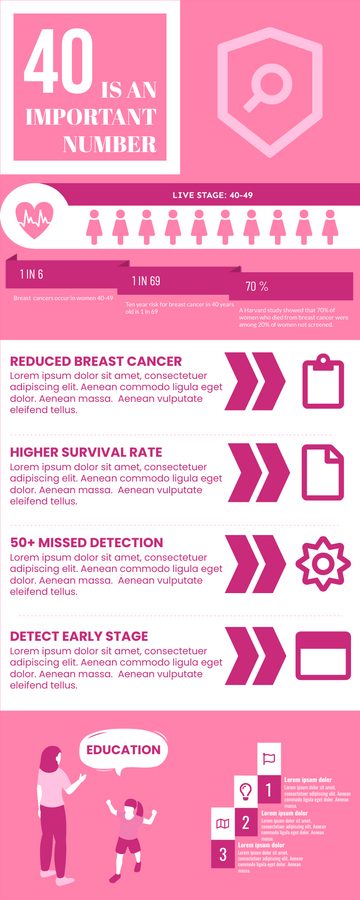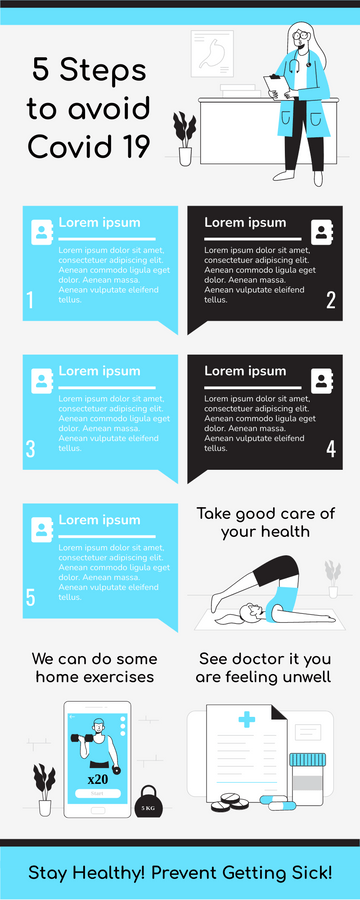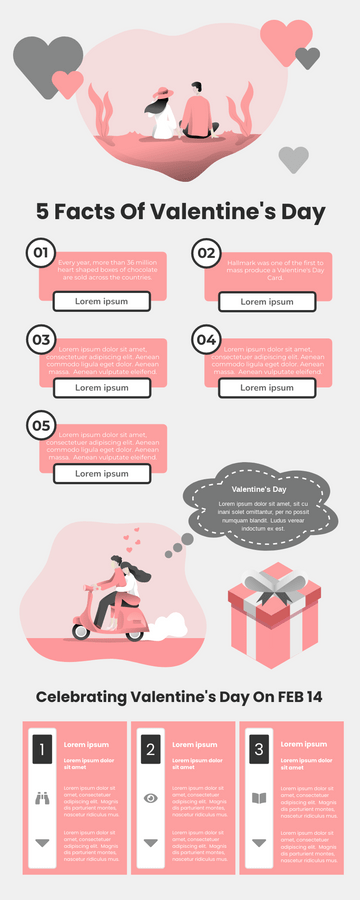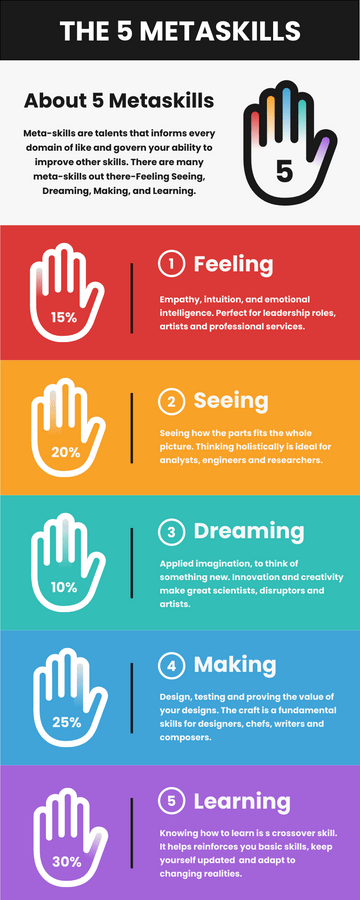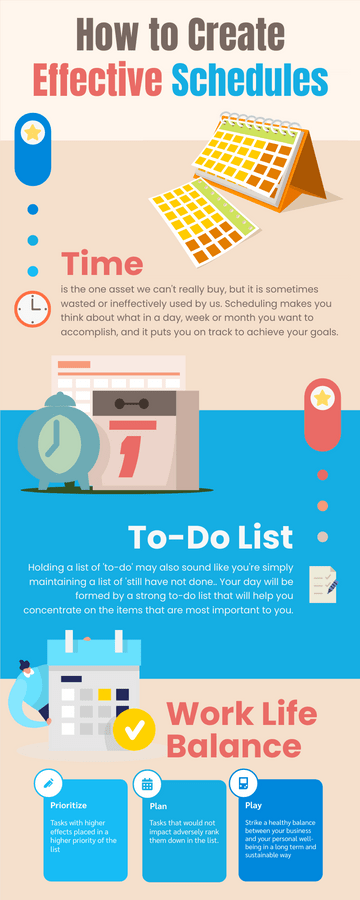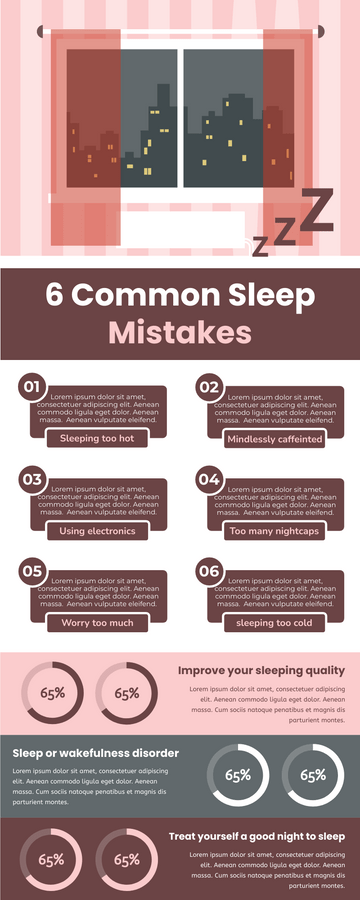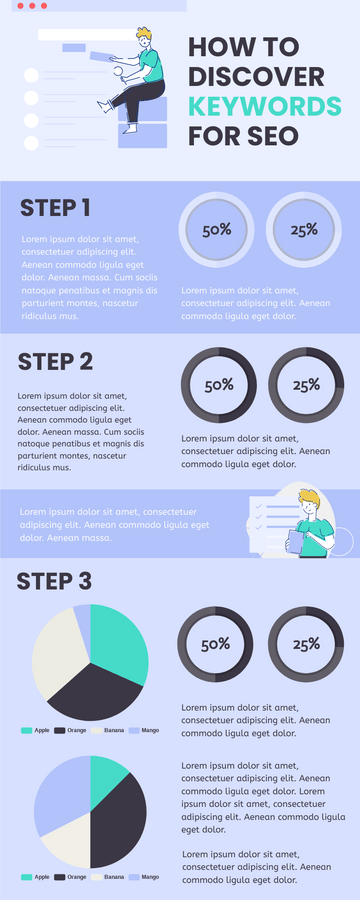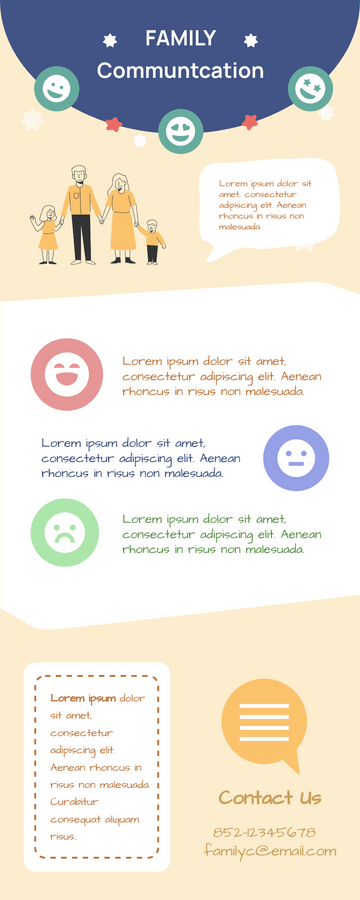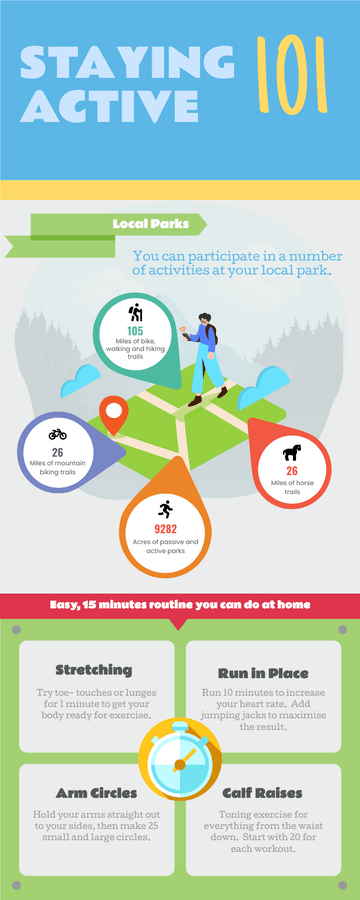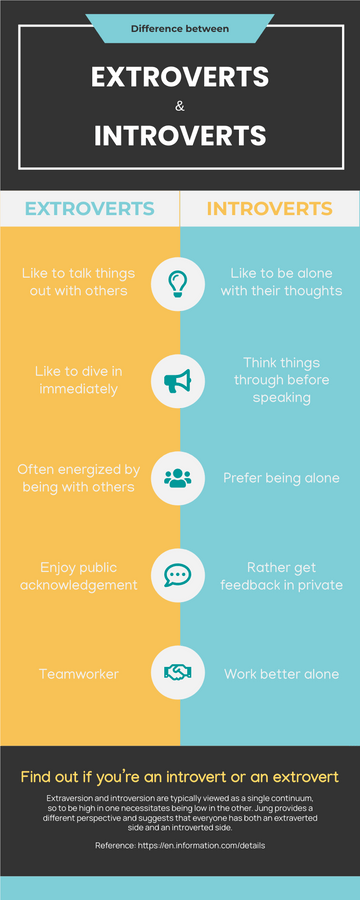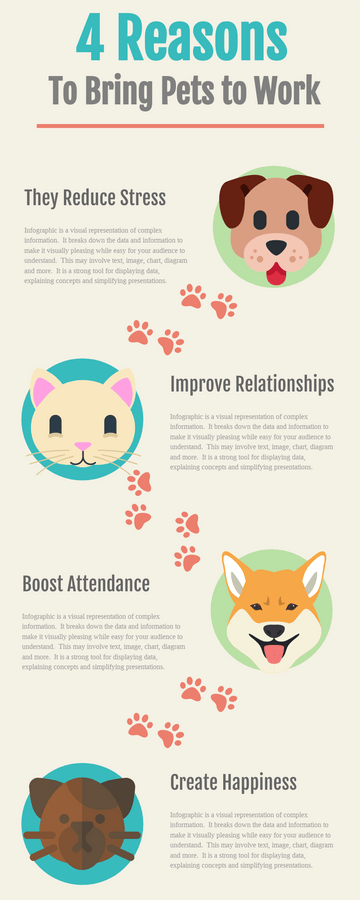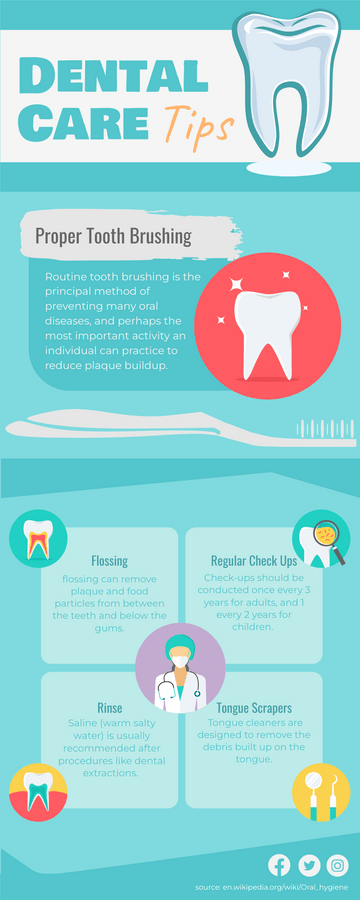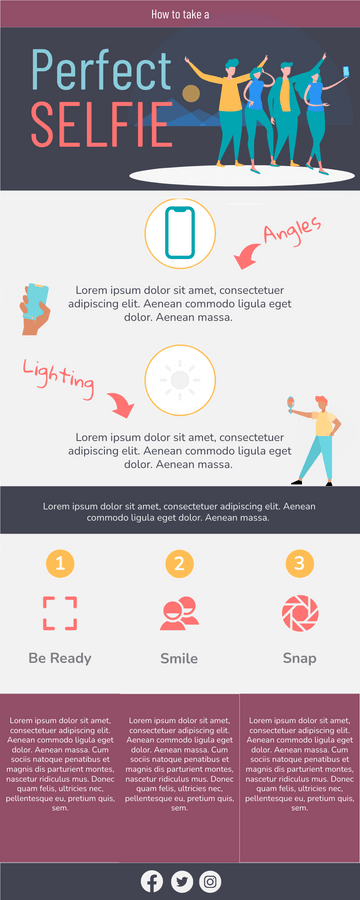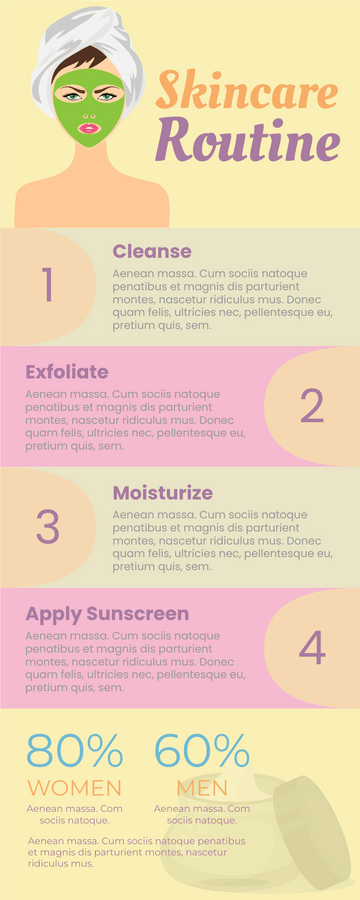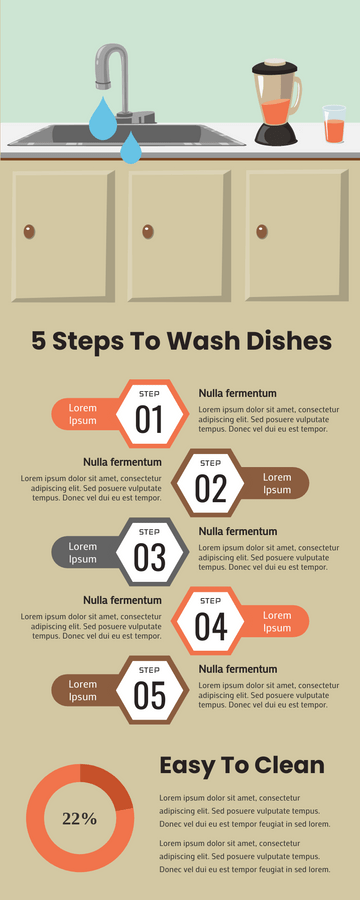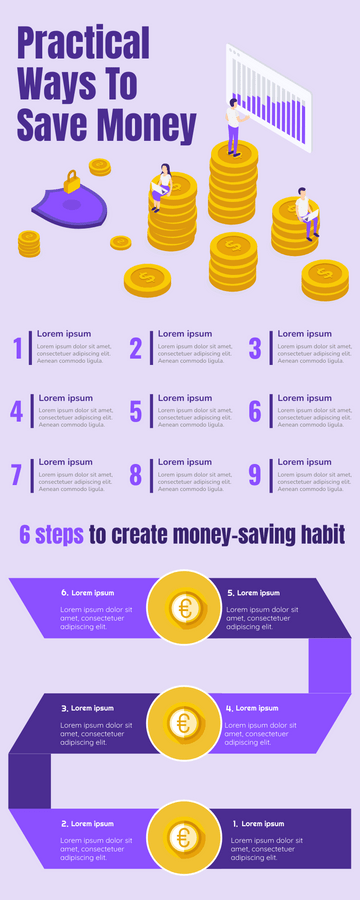How to Sleep Better Infographic
For the sake of our physical and mental health, we all believe that sleep is really important. However, given the importance of this, a significant proportion of people are often deprived of high-quality sleep, especially daytime drowsiness.
What causes insomnia?
Think about all the factors that can interfere with sleep -- from work stress and family responsibilities to unexpected challenges, such as mood or illness. No wonder quality sleep is sometimes out of reach.
While we cannot always possible to control what disrupts your sleep, you can develop habits that encourage better sleep. Start with these simple tips.
Stick to a schedule for sleep—go to bed and wake up every day at the same time. Aim to restrict the difference to no more than an hour between sleep schedules on evenings and weekends. Consistency strengthens the sleep-wake period of the body.
It's healthier to eat 70% full - don't go to bed hungry or full. In particular, avoid eating large amounts within a few hours of bedtime. Your discomfort may be keeping you awake.
Do some pre bed-time activities - Do quiet and relaxing activities before bed, such as taking a bath, doing some deep breathing exercises, meditation, or other relaxation techniques, may promote better sleep.
Deal with Stress - Try to address your concerns before you go to bed. Or you can write down the thoughts in your mind and leave them to be handled until tomorrow. Meditation can also ease anxiety.
Exercise Decreases Insomnia - Recent studies have shown that exercise can reduce sleep discomfort and insomnia in patients. Aerobic exercise seems to have a similar effect on sleep as sleeping pills. However, more research is needed to compare physical exercise with medication for insomnia.
Avoid caffeine or tea before bedtime - If you snack before bed, you shouldn't include wine, tea, coffee or chocolate. Chocolate contains caffeine, which is a stimulant. Surprisingly, alcohol had a similar effect.
